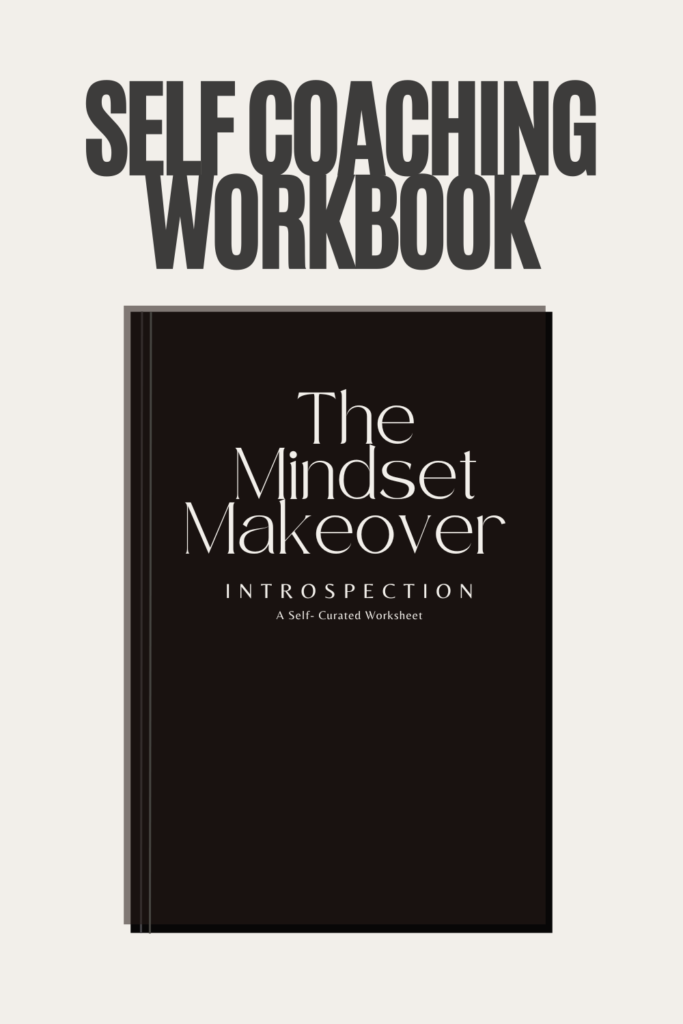Can Emotional Independence Save You from Heartbreak?
Have you ever felt emotionally dependent on someone else for your happiness, validation, or sense of stability? You’re not alone. Many of us fall into the trap of emotional dependency without even realizing it.
It’s not about needing help in tough times—it’s about giving away your emotional power in ways that can prevent you from living your best life. If you’ve ever felt overwhelmed by others’ opinions or found yourself stuck in toxic relationships, you may be dealing with emotional dependency.
But the good news is that emotional independence is not only possible but essential for living a balanced, fulfilling life.
In this post, we’ll explore what emotional independence really means, how to gain it, and the amazing benefits it brings to your mental health, relationships, and overall well-being.
What is Emotional Independence?
Emotional independence is the ability to manage your emotions, reactions, and responses without relying heavily on external validation or approval. It’s the state of being able to handle life’s ups and downs with resilience, self-awareness, and inner strength.
Unlike emotional dependence, in which your happiness and sense of security are tied to others, emotional independence allows you to stand firm in your self-worth.
Being emotionally independent doesn’t mean avoiding relationships or isolating yourself. It simply means you’re not dependent on others to feel complete. You can experience healthy emotional intimacy without giving up your autonomy.
Related Post: 19 Ways to Date Yourself: Nurturing Your Most Important Relationship
The Biggest Mistake: Relying Too Much on Others for Your Happiness
One of the most common mistakes people make when trying to achieve emotional independence is expecting others to fulfill their emotional needs.
While having support systems is important, depending on others for validation or happiness can leave you feeling drained or resentful. The key to emotional independence is recognizing your worth. Your emotional balance should come from within.
How to Gain Emotional Independence
- Self-Awareness is Key. Begin by identifying your emotional triggers. What situations make you feel anxious, needy, or overly reliant on others for validation? Keeping track of these can help you understand your dependency patterns and work on them.
- Set Healthy Boundaries. Emotional independence begins with knowing where you end and others begin. Learning to say “no” without guilt and maintaining healthy emotional boundaries is crucial. Boundaries allow you to protect your emotional space and prioritize your well-being.
- Cultivate Self-Love. The foundation of emotional independence is self-love. Spend time nurturing your self-esteem and confidence. The more you appreciate and care for yourself, the less you’ll need from others to feel validated.
- Develop Coping Skills. Life will always present challenges, but emotional independence means knowing how to cope without relying on others. Develop healthy habits, such as journaling, meditation, or exercise, to effectively manage stress and negative emotions.
- Practice Self-Validation. Instead of waiting for others to approve of your decisions or actions, practice validating yourself. Recognize your accomplishments, embrace your failures as lessons, and trust in your ability to navigate through tough situations.
Read more: The Self Love Blueprint: 18 Reasons to Put Yourself First
The Biggest Mistake: Not Taking Responsibility for Your Emotional Well-Being
Many people fall into the trap of blaming others or external circumstances for their emotional state. The real power comes from recognizing that you have control over your emotions and reactions.
Taking full responsibility for how you feel, regardless of what others say or do, is the true essence of emotional independence. Learn more: Easy Holistic Hacks to Elevate Your Well-Being: Become A Happier, Healthier You
Benefits of Emotional Independence
1. Improved Mental Health
You’re giving away your power when you rely on others for emotional stability. Emotional independence helps you manage stress and anxiety more effectively, reducing the risk of mental health issues.
2. Healthier Relationships
Emotional independence enhances the quality of relationships. When you’re not emotionally dependent on others, you can show up as your true, authentic self in relationships, leading to stronger and more balanced connections.
3. Greater Resilience
Life is full of ups and downs. Emotional independence builds resilience, allowing you to weather storms with confidence and self-assurance. You’ll be able to bounce back quicker from challenges and setbacks.
4. Increased Confidence and Self-Esteem
When you rely on your inner strength, you build confidence. Knowing you can handle your emotions without needing validation boosts your self-esteem and empowers you.
5. More Freedom and Peace
Emotional independence gives you freedom from emotional manipulation or unnecessary drama. You can live your life with greater peace, knowing that your emotions are under your control.
The Biggest Mistake: Letting Fear Hold You Back
Fear of loneliness, rejection, or failure can keep you stuck in emotional dependence. This fear is often the root cause of seeking constant approval or validation from others.
To achieve emotional independence, you need to face this fear head-on and embrace your strength. Learn how: Dare to Be Fearless: 13 Powerful Strategies for a Bold Life Transformation
the bottom line is.
Emotional independence is not about isolating yourself, but about building your inner strength and resilience. When you start valuing yourself and taking responsibility for your emotional well-being, you not only transform your personal life but also create healthier, more fulfilling relationships.
If you want to experience the true freedom and power of emotional independence, start by implementing small steps daily—like practicing self-awareness, setting boundaries, and building your coping skills. It’s all about taking control of your emotions, one step at a time.
Frequently Asked Questions
1. Can emotional independence make me more confident?
Yes! Emotional independence helps you develop confidence by teaching you to trust yourself and validate your emotions, which boosts your self-esteem.
2. Is emotional independence the same as being emotionally unavailable?
No. Emotional independence means being able to manage your emotions without relying on others for validation, while being emotionally unavailable refers to avoiding emotional intimacy altogether.
3. How long does it take to become emotionally independent?
Becoming emotionally independent is a gradual process. It takes time, patience, and practice to build the necessary self-awareness, boundaries, and coping mechanisms. Start small and stay consistent.













2 comments
Alana
Thanks for sharing these tips, it’s so important to be emotionally independent and break free from toxic habits.
LaniAuthor
You’re absolutely right! Emotional independence is key to living a balanced and healthy life. Breaking free from toxic habits can be challenging, but it’s so rewarding in the long run. If you’re looking for additional tools to help you build stronger, healthier habits, you might love my Monk Mode: The 30-Day Deep Work Challenge—it’s designed to help you focus, break negative patterns, and build new empowering habits. Keep pushing forward, you’re doing great!